Lebanon leaders to meet as Israel threatens 'Stone Age'
Senior Lebanese leaders will meet later this week to deescalate political tensions and discuss measures to counter Israel’s threats against Lebanon’s offshore oil and gas exploration projects, officials say.
President Michel Aoun will hold a meeting with Speaker Nabih Berri and Prime Minister Saad Hariri before noon Tuesday at the presidential palace of Baabda to boost stability amid rising Israeli threats against the Arab country.
The meeting comes after tensions flared last week between the Free Patriotic Movement, founded by Aoun, and the Amal Movement, presided by Berri, fueled by a video in which Foreign Minister Gebran Bassil, who heads the FPM party, was shown calling Lebanon’s parliament speaker a “thug.” A wave of protests by Berri’s supporters ensued.
“Hopes are pinned on this [Baabda] meeting to lay the foundation for bolstering stability and opening horizons of further cooperation in the interest of the country and its civil peace,” Berri told visitors at his Ain al-Tineh residence Sunday night.
The gathering will focus on discussing the necessary measures the country needs to take after Israeli remarks on oil and gas exploration in south Lebanon’s Block 9.
“Although the Baabda Palace meeting has an open agenda, the main topic is the south and the Israeli aggression on Lebanon’s Block 9 and Israel’s plan to build a separation wall on the Lebanese-Israeli border,” an official source at Baabda Palace said.
“The three leaders will seek to defuse political tensions and bolster stability to confront Israel’s threats against Lebanon’s right to explore its oil and gas wealth in its territorial waters,” the source added.
Israel’s minister of military affairs, Avigdor Lieberman, has described as “very provocative” a Lebanese tender for projects in two of its 10 offshore blocks in the Mediterranean Sea. Tel Aviv, which claims sovereignty over Block 9, also urged international firms not to bid.
Lieberman’s remarks came a few days before February 9 when Beirut is set to officially sign contracts with three international firms, allowing exploration to start.
Commenting on a tripartite meeting between senior Lebanese, UN and Israeli army officers at the Lebanese border town of Naqoura scheduled for Monday to discuss Israel’s plan to build a concrete wall on a disputed border area, Berri stressed Beirut’s opposition to the project.
“Lebanon’s representative has been instructed to reaffirm Lebanon’s right to prevent any Israeli attempt to build a wall on the ground through which [Israel] aims to seize oil in the sea. This is what Lieberman clearly referred to on Block 9,” Berri said.
In further hostile remarks against Beirut, Israel’s Transportation Minister Yisrael Katz threatened to return Lebanon to “the Stone Age,” if it is turned into what he said an Iranian factory of precision-guided weapons.

“Israel has set a red line—it won’t allow Lebanon to become a factory for the production of precision-guided missiles for Iran,” Katz said in an interview with the Ynet studio on Sunday.
He claimed that “Iran is working to turn Lebanon into an advanced post against Israel and has basically taken Lebanon hostage through Hezbollah by implementing its aggressive trends.”
“We are being very clear. If an open, comprehensive conflict develops as a result of Hezbollah’s aggression, we will act very firmly, much more than we did in 2006. Not a single target in Lebanon will be immune, and any infrastructure used both by Hezbollah and for military purposes will be hit. Lebanon will go back many, many years, some say to the Stone Age and others say to the age of cavemen.”
About 1,200 Lebanese, most of them civilians, lost their lives during Israel’s 33-day war on Lebanon back in the summer of 2006.
According to the 629-page Winograd Report by the Israeli regime itself, Hezbollah fighters involved in defending Lebanon against the Israeli war defeated the enemy and Tel Aviv was compelled to withdraw without having achieved any of its objectives.
Katz’s remarks echoed Prime Minister Benjamin Netanyahu’s statements before his last week’s visit to Russia in which he accused Iran of trying to turn Lebanon into "one giant missile site" against Israel.
VIDEO | Former FBI agent criticizes US Congress for 'outright corruption'
IRGC chief urges Muslim countries to cut aid routes to Israel
'New chapter in cooperation': Iran, Venezuela sign new MoUs
Jordan sentences former lawmaker for supporting Palestinian resistance
Basij volunteer forces hold massive drills in southwestern Iran
Israeli war criminals 'not welcome', US city says after ICC ruling
US vetoing of Gaza ceasefire resolution ‘disgraceful’: Iran’s UN envoy
VIDEO | IAEA adopts anti-Iran resolution tabled by E3



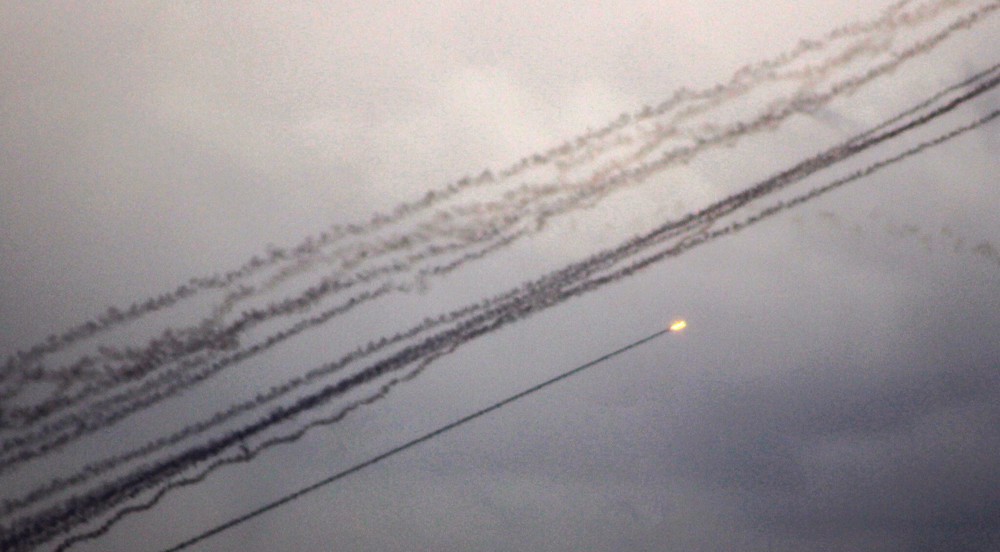
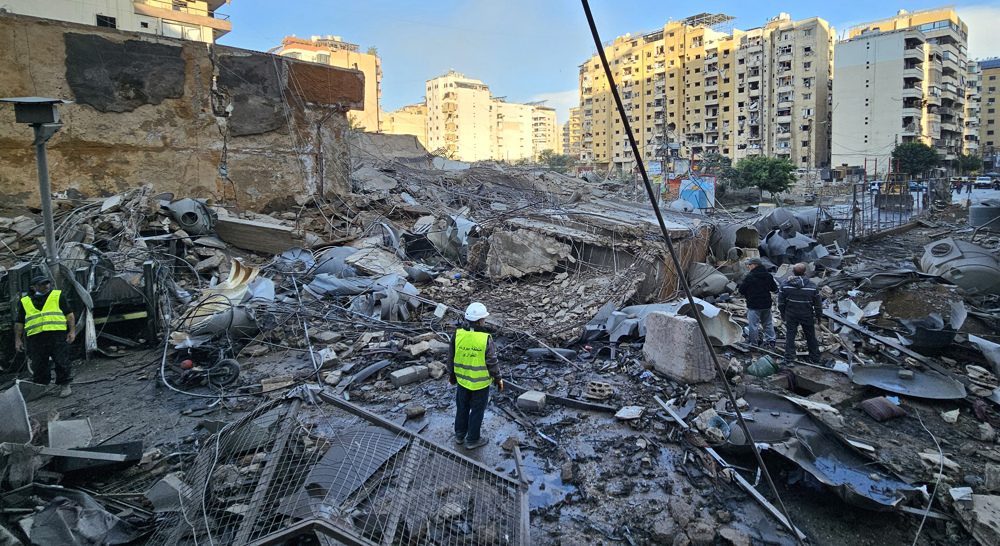




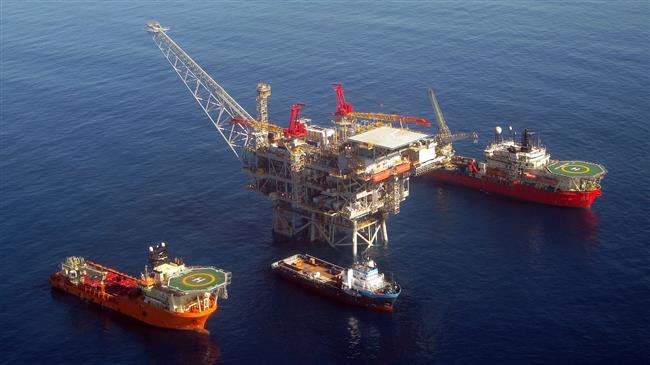


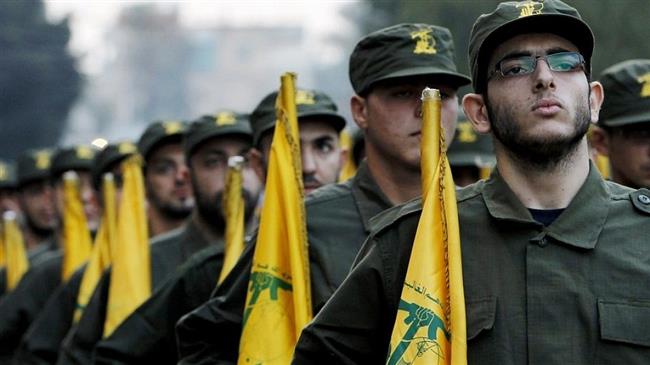

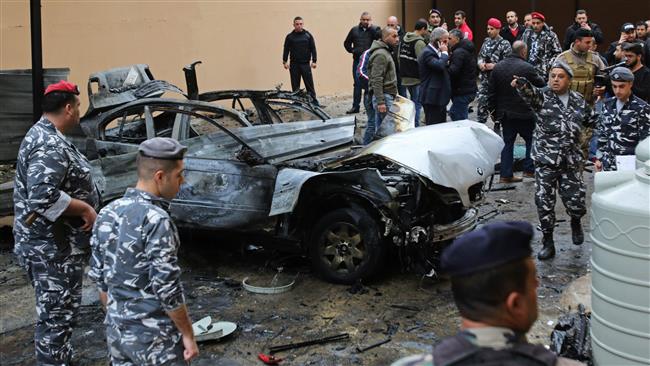

 This makes it easy to access the Press TV website
This makes it easy to access the Press TV website